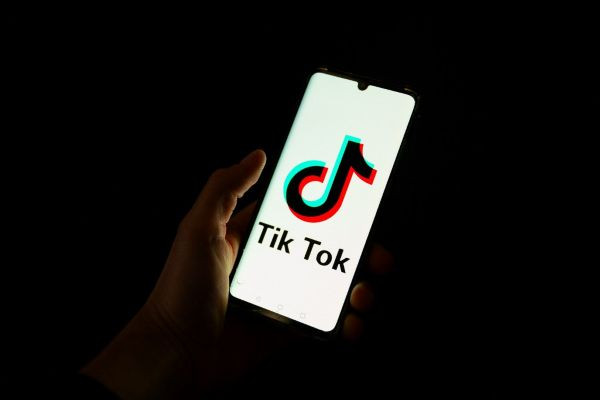Popular Reads
Top Results
Can't find what you're looking for?
View all search resultsPopular Reads
Top Results
Can't find what you're looking for?
View all search resultsOnly one in five countries implements WHO code on infant formula
A new World Health Organization (WHO) report revealed that only 37 countries â 19 percent â of the 199 countries that responded to the International Code of Marketing of Breast-milk Substitutes enacted laws based on the recommendations
Change text size
Gift Premium Articles
to Anyone
A
new World Health Organization (WHO) report revealed that only 37 countries ' 19 percent ' of the 199 countries that responded to the International Code of Marketing of Breast-milk Substitutes enacted laws based on the recommendations.
The report was published during World Breastfeeding Week, which is celebrated in more than 170 countries from Aug.1 to 7, and says that mothers are often inundated with incorrect or biased information directly through advertising, health claims, information packs and sales representatives and indirectly through the public health system.
'The distribution of 'educational materials' produced by manufacturers of infant formula has a negative impact on exclusive breastfeeding, especially on mothers of newborns and those with a less formal education,' said the report made available to The Jakarta Post on Wednesday.
It further said the distribution of samples of infant formula also had an adverse impact on breastfeeding.
Globally, only an estimated 38 percent of infants are exclusively breastfed for six months.
The 27th World Health Assembly in 1974 urged member states to review the promotion of breast-milk substitutes, which it deemed were being marketed too aggressively. They were also urged to introduce appropriate remedial measures, including advertisement codes and legislation where necessary.
This led to an agreement on the WHO code of infant formula in 1981 and the adoption of several subsequent resolutions on the matter.
'Full implementation of the Code is vital to reduce or eliminate the promotion of breast-milk substitutes, including direct and indirect promotion to pregnant women and mothers of infants and young children,' said Carmen Casanovas, a breastfeeding expert with WHO's department of nutrition for health and development. (ebf)










